All the time Deborah Oppenheimer was growing up, her grandparents remained silent, one-dimensional portraits in a silver frame in the living room. “They were always there but never referred to,” says Oppenheimer, who is in her 40’s and the executive producer of “Norm” and “The Drew Carey Show.” “I knew virtually nothing about them.”
Her elegant, refined mother, Sylva Avramovici Oppenheimer, rarely told stories about her family. Viennese waltzes filled the air at Oppenheimer’s Valley Stream, N.Y., home; the German meals were served on German porcelain, but there was scarcely a memento of Sylva’s childhood in Chemnitz, Germany.”I tried a few times to ask questions, but she would start crying, then I would start crying, and I’d retreat because I didn’t want to cause her pain,” the producer says. “I could sense this veil of sadness that enveloped her. Her grief was vast and deep.”
All Oppenheimer knew was that just after her 11th birthday, Sylva had packed a tiny suitcase and boarded a train alone for an uncertain future among strangers. Her journey was part of the Kindertransport, a rescue mission that took some 10,000 children from Nazi-occupied Europe to safety in England. Sending her off was a desperate act of love by desperate parents, Oppenheimer knew. Sylva never saw them again. After the war, she read their names on a posted list of Jews who had perished in the death camps.
While Oppenheimer did not push her mother to relive painful memories, she hoped one day to make a documentary about the Kindertransport, perhaps when her television career was over. Then events intervened to remind her that the proverbial clock was ticking.
In 1990, during a routine physical exam, doctors found a spot on Sylva’s lung; when she died of cancer three years later, at the age of 65, her past seemed to die with her.
Then came a startling discovery: A cache of letters, hidden in a drawer, that had been mailed every day by Oppenheimer’s grandparents to her mother in England. Written on tissue-thin paper in delicate fountain pen, the letters made Oppenheimer’s family come alive for the first time. “No one, not even my father, had known that the letters existed,” says the TV executive, who is also the producer of the feature-length documentary “Into the Arms of Strangers: Stories of the Kindertransport,” which opens today in Los Angeles.
The letters included family gossip, nicknames, terms of endearment and attempts at parenting from afar. “It was thrilling to realize my mother had been so deeply loved,” says Oppenheimer, who learned of the Kindertransport’s 60th and last reunion in June 1999 and realized time was running out. “My mother’s death gave me permission to explore the subject without fear of hurting her,” she adds, ruefully.
Oppenheimer approached filmmaker Mark Jonathan Harris of “The Long Way Home,” the Oscar-winning documentary about the aftermath of the Shoah, only to find he was reluctant to begin another Holocaust film. “I think there’s a certain amount of what I’d call, Holocaust exhaust-ion,” the 55-year-old USC film professor told The Journal. “If you embark upon a film in that arena, you’d better have a fresh perspective.”He was persuaded, finally, by the chance to write and direct a movie that was as much about the resilience of children as the Shoah, a preoccupation of Harris’ since learning how his Hungarian grandfather arrived alone in the U.S. at the age of 12. “The draw, for me, was telling the story from a child’s point of view,” adds the director, whose five children’s novels are all written from a 12-year-old’s perspective.
As research, Harris and Oppenheimer read dozens of unpublished memoirs; watched Melissa Hacker’s 1995 docu-mentary, “My Knees Were Jumping: Remembering the Kindertransports”; scoured the archives of Steven Spielberg’s Survivors of the Shoah Visual History Foundation; secured the cooperation of the U.S. Holo-caust Memorial Museum to view the rarest of vintage footage and artifacts. Armed with a distri-bution deal from Warner Bros., where Oppenheimer’s sitcoms are a tremendous commercial success, they set off to conduct 23 interviews with Kinder and their foster parents and rescuers in England and on the East Coast.
One woman quietly recalled how no one attended her 8th birthday party in Quakenbrueck, Germany, “the first compre-hending for a child that you are ostracized.” A Kind described being forced to work as a maid by her English guardians; a man recounted how he could not relate to his birth parents after the war; a Berlin Kindertransport organizer lamented losing his own wife and 3-year-old in Auschwitz.
The rescuer, who was gravely ill, died just five weeks after the interview. “It was as if once he had finished, he could let go,” says Oppenheimer, for whom the film was an emotional journey.
While making the movie, she discovered fragments of her mother’s story, which began at Hackney Hostel in London and continued at Cockley Cley Hall, a 5,000-acre estate near Norfolk. A Kind who had shared a bed with her mother described life in the gamekeeper’s residence, a fairy-tale-like thatched cottage with a tiny window and a mattress stuffed with twigs and leaves the girls had to knead before they slept. The woman mentioned the notched candle they kept at bedside to ration their reading; the pegs on the wall where they hung their ribbons and dresses; the harsh Jewish matron who punished the girls by withholding letters from their parents.
In summer 1999, Oppenheimer attended the reunion at Cockley Cley, where Kinder walked her down corridors, up back staircases, and into the dormitory-style bedrooms where they had silently cried themselves to sleep at night.
The producer also made her way to Chemnitz, an industrial town near Dresden, where she visited her family’s hosiery factory and the “Jewish house” where her grandparents had been confined after their home was confiscated. Across the street, she wandered the padlocked, decaying old train terminal, where Sylva had set off on the Kindertransport and her parents had boarded cattle cars to the camps.
In another part of town, Oppenheimer stood in her mother’s childhood apartment, by then a doctor’s office with a worn tile foyer; while she found nary a trace of her family’s living quarters, she comforted herself by looking out the window at the view her family surely had enjoyed. She imagined her mother playing in the garden and noted the same rhododendrons and geraniums that Sylva had planted in the backyard in Valley Stream. “I felt amazement that I was retracing the path of my mother’s life, but true sadness that I was doing it without her,” Oppenheimer says.
The film, she explains, has been a way to keep her mother present and to achieve closure since her death. “Ironically, I had to lose my mother to learn her story,” she says.
“Into the Arms of Strangers: Stories of the Kindertransport” opens Sept. 15 in Los Angeles. There is also an accompanying book of the same title (Bloomsbury, $27.50); a CD soundtrack from Chapter III Records (available in stores Sept. 26); and a display of Kindertransport artifacts, most collected for the film, to appear at the U.S. Holocaust Memorial Museum in Washington, D.C. Sept. 8-24 (for information, call (202) 488-0400).










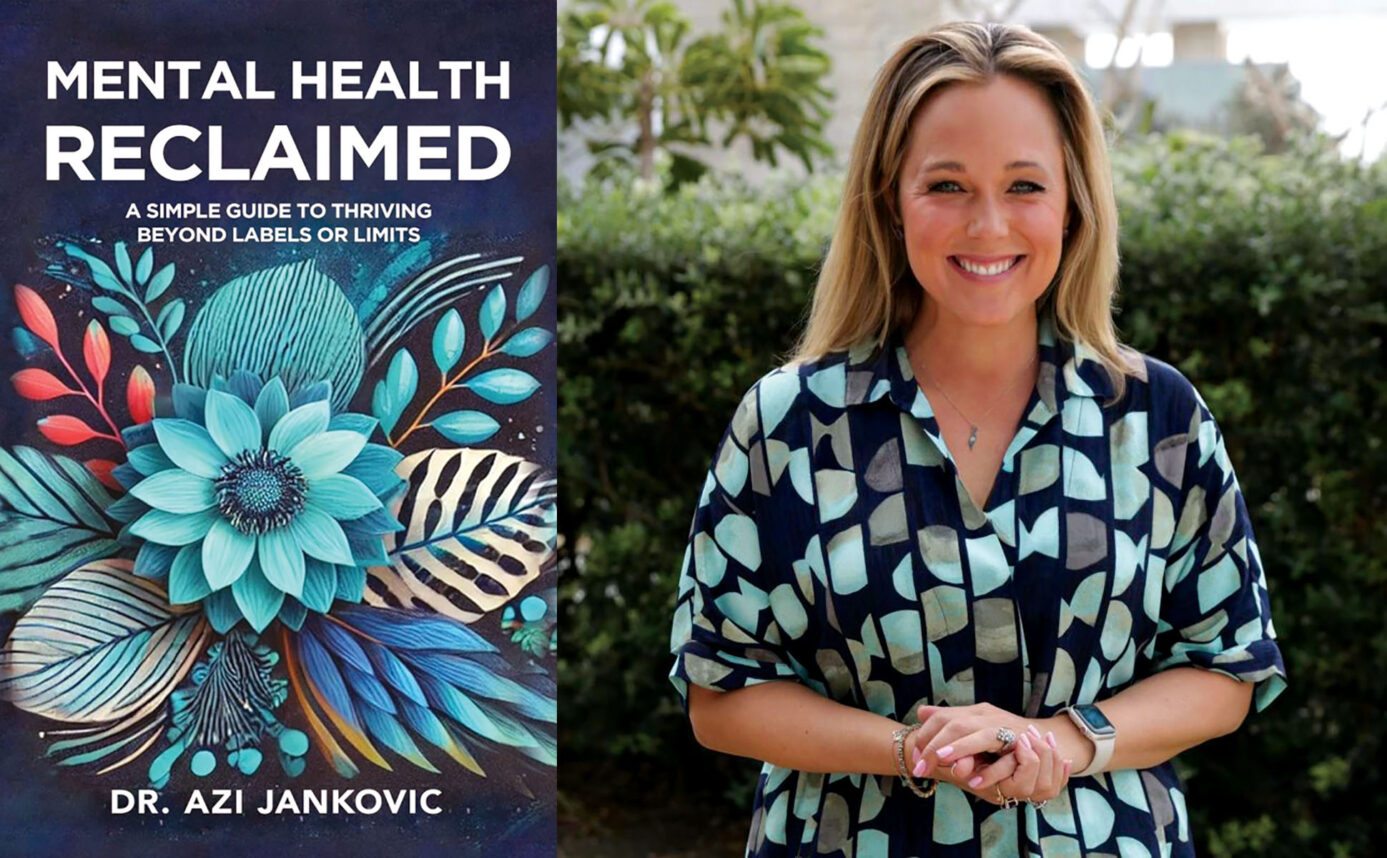
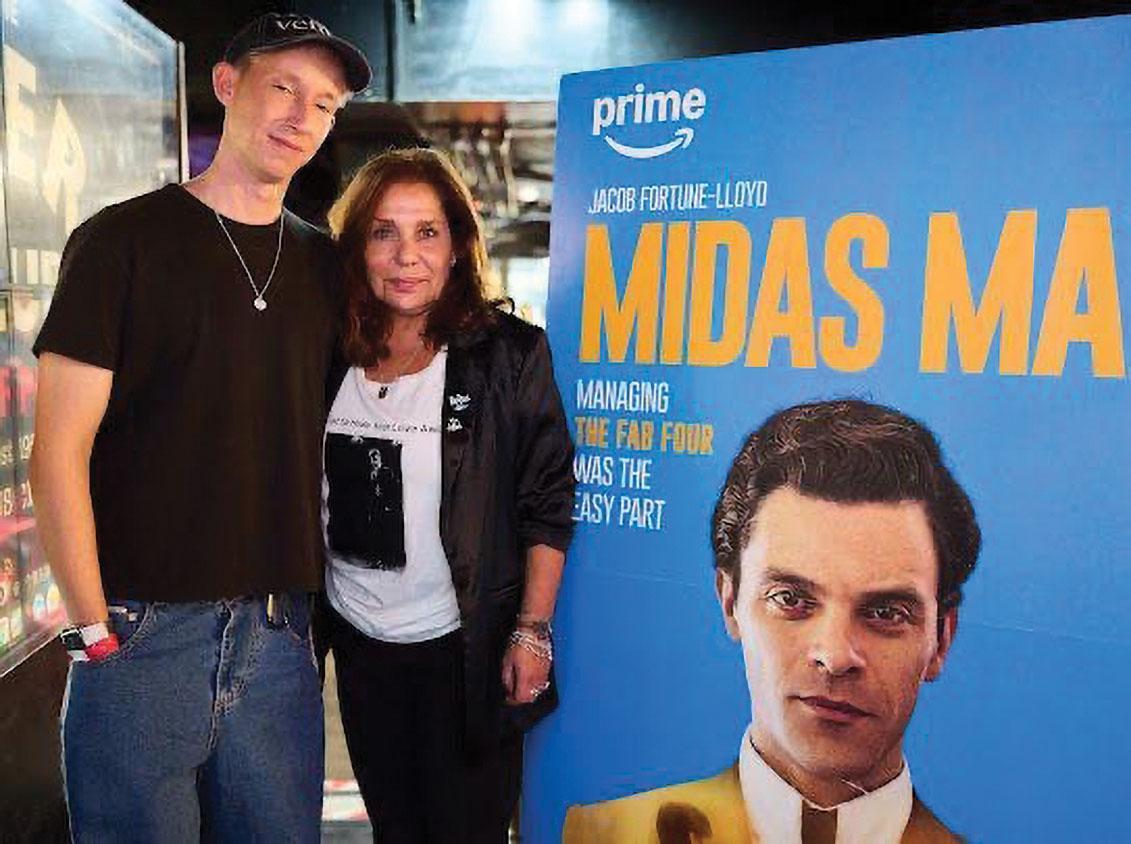







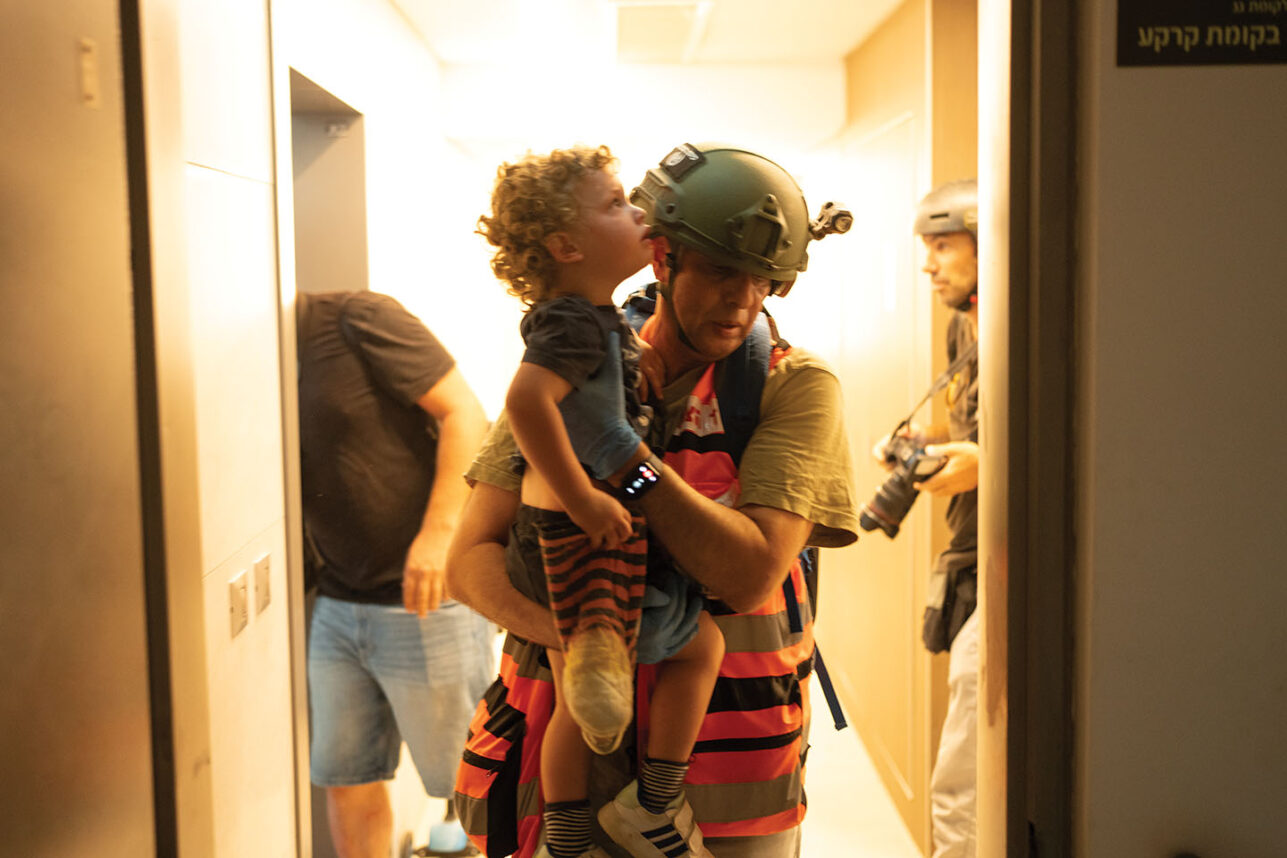

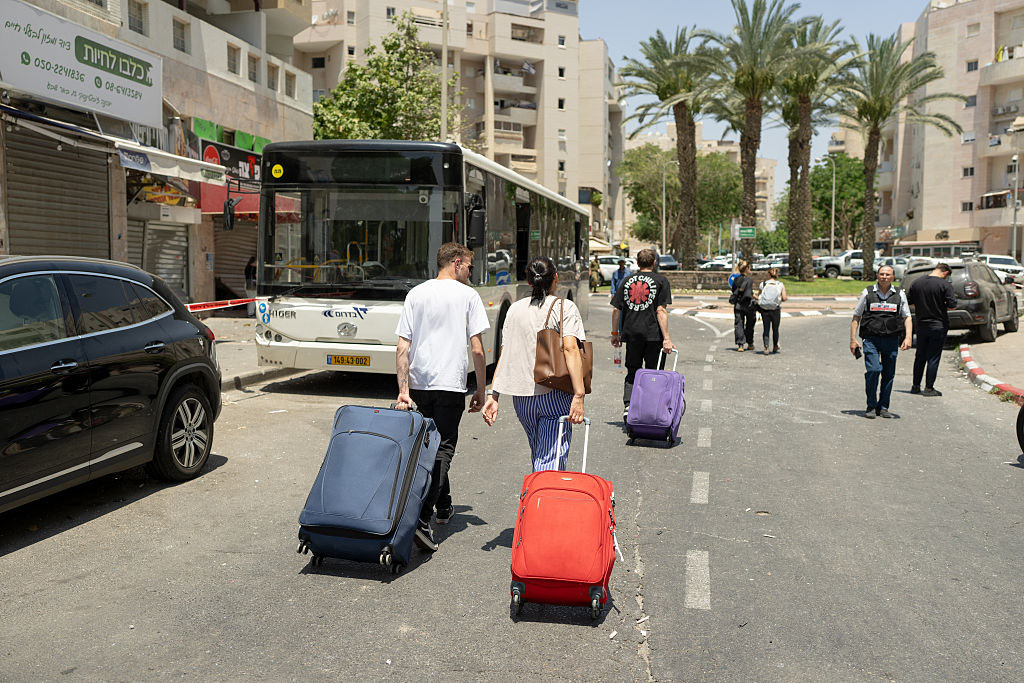

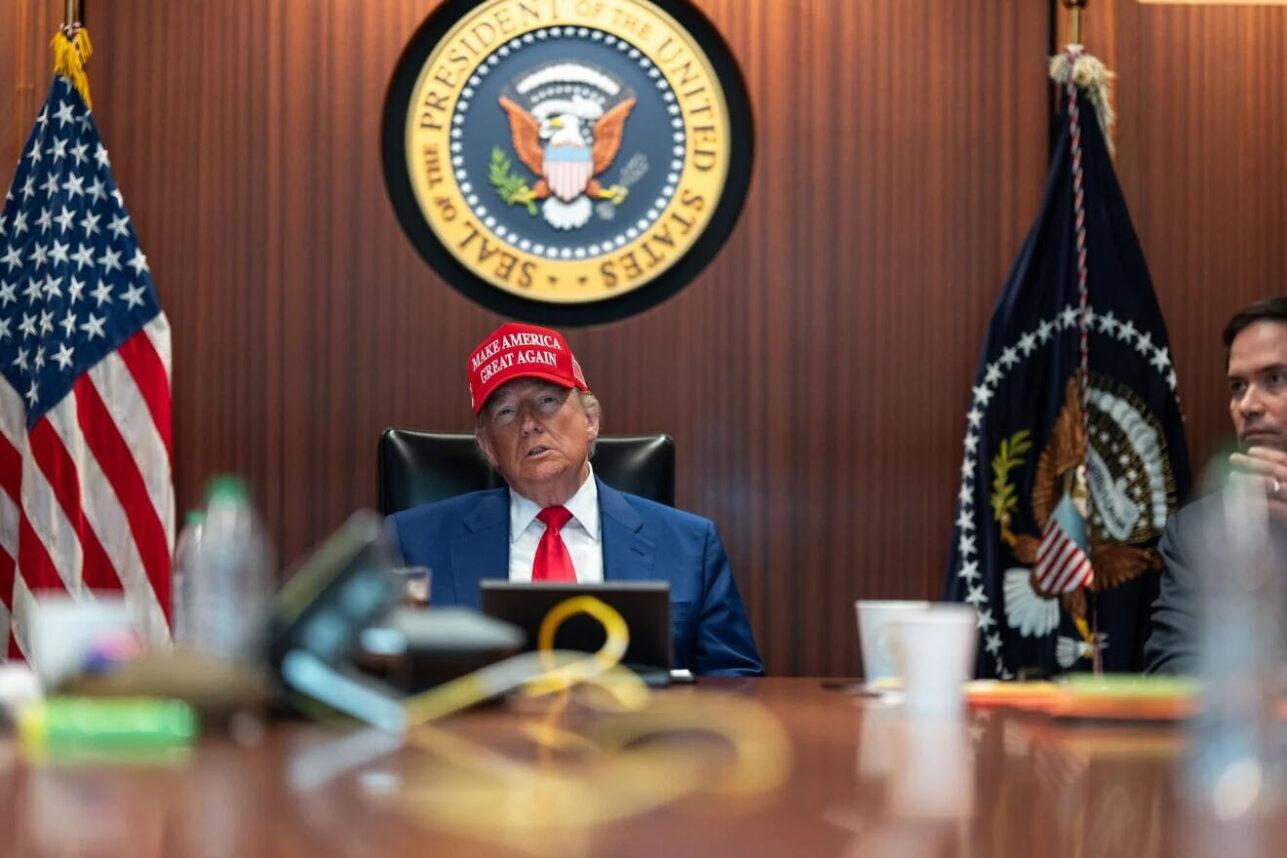
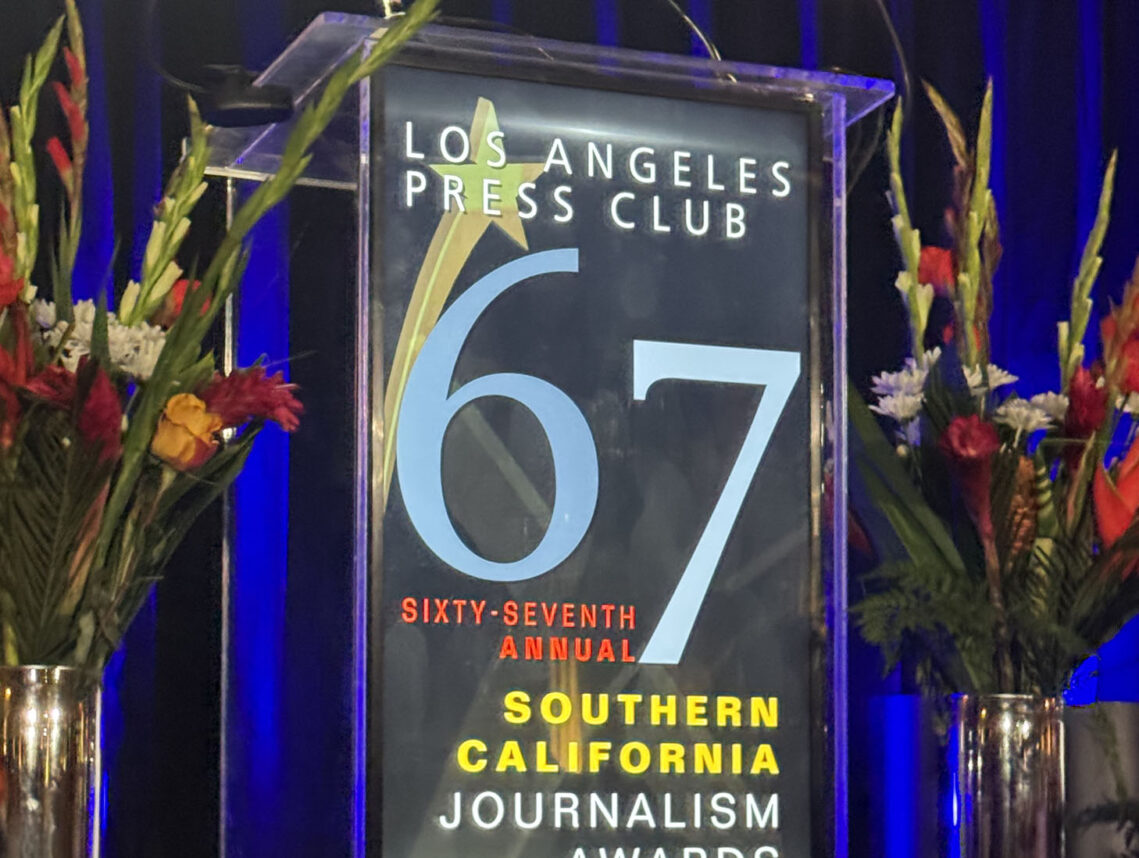

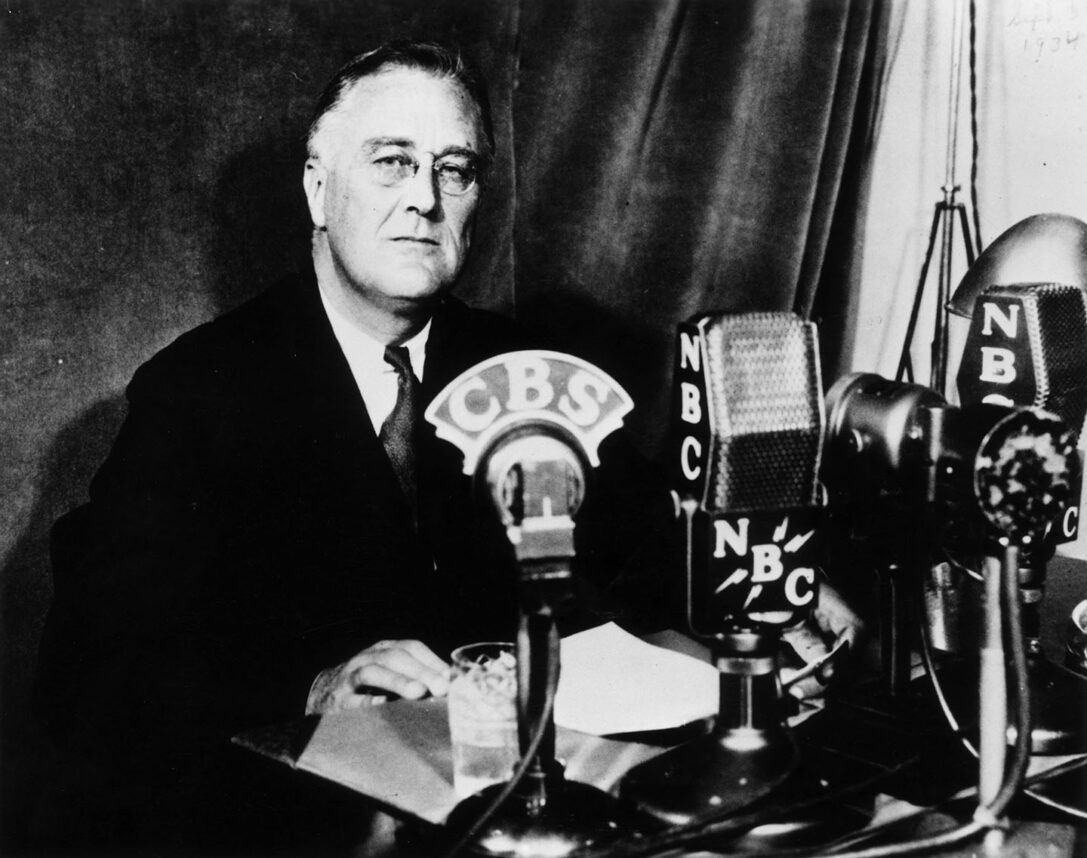
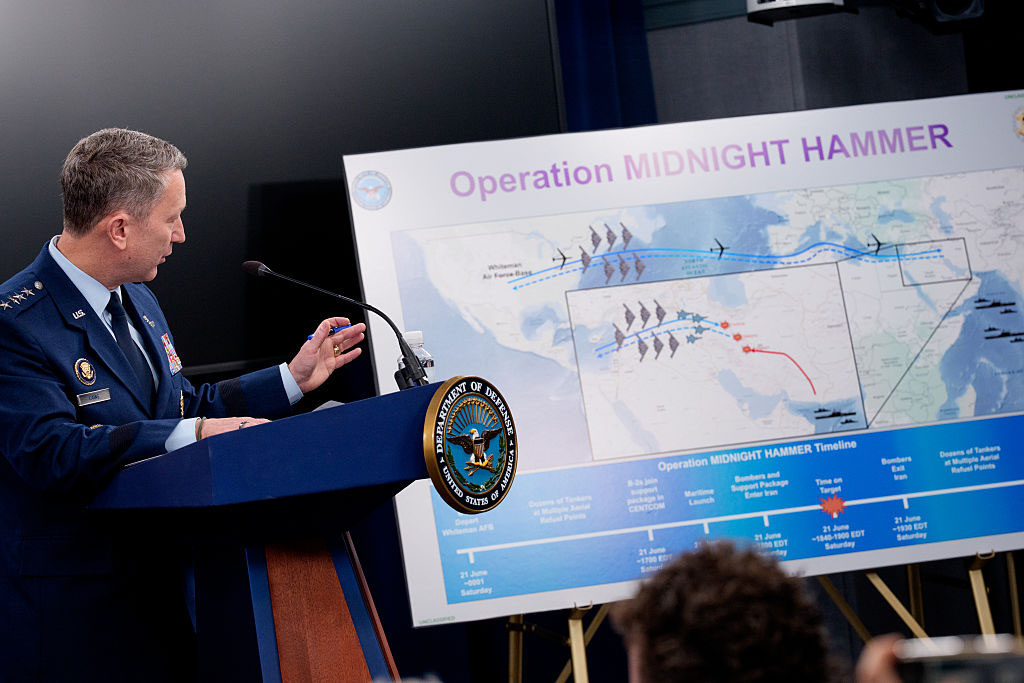
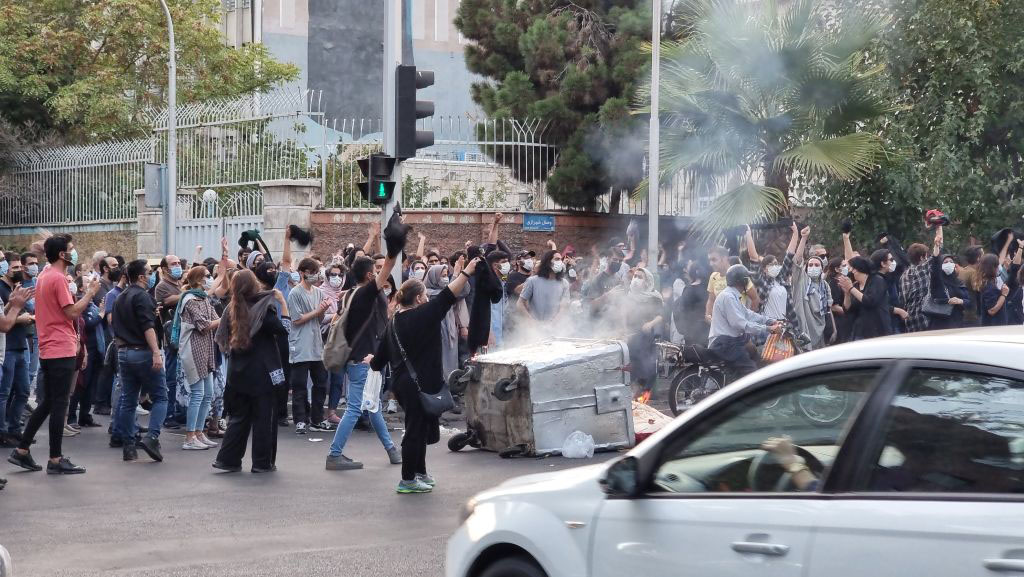


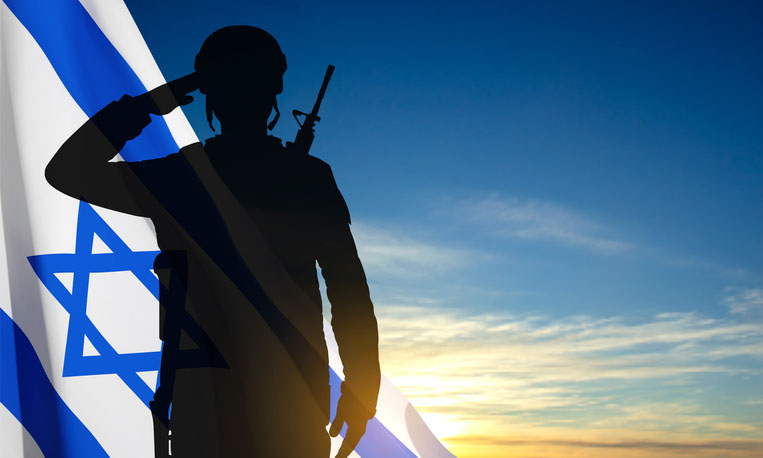

 More news and opinions than at a Shabbat dinner, right in your inbox.
More news and opinions than at a Shabbat dinner, right in your inbox.